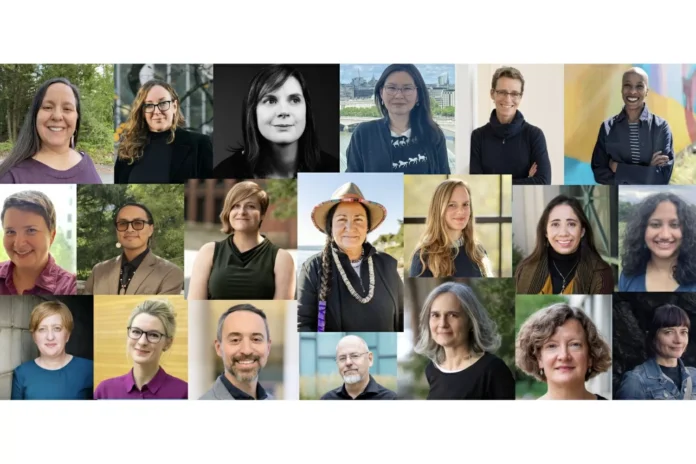As the effects of climate change continue to impact our planet, it has become increasingly important for us to understand and address this global challenge. In order to do so, the Massachusetts Institute of Technology (MIT) has established the Living Climate Futures Lab, a research initiative that takes a unique and human-centered approach to investigating climate change.
The Living Climate Futures Lab, also known as the LCF Lab, was founded in 2018 with the goal of bringing together experts from different fields to study the complex and interconnected issues surrounding climate change. Led by Professor David Hsu, the lab focuses on understanding the human dimensions of climate change and finding innovative solutions to mitigate its effects.
One of the key aspects of the LCF Lab is its interdisciplinary approach. The team consists of researchers from various disciplines such as architecture, urban planning, engineering, and social sciences, among others. This diverse mix of expertise allows for a holistic understanding of the challenges posed by climate change and the development of comprehensive solutions.
The lab’s human-centered approach is also a crucial aspect of its research. Instead of solely focusing on the scientific and technical aspects of climate change, the LCF Lab places a strong emphasis on the human experience and the social, cultural, and economic factors that play a role in shaping our response to this global challenge. This approach recognizes that in order to effectively address climate change, we must understand and consider the needs and perspectives of the people who are most affected by it.
One of the lab’s ongoing projects is the “Climate Resilient Cities” initiative, which aims to develop strategies and tools to help cities adapt to the impacts of climate change. This project not only focuses on the physical infrastructure of cities, but also takes into account the social and economic aspects of urban life. By working closely with local communities, the LCF Lab is able to understand the unique challenges faced by different cities and develop tailored solutions that are both effective and sustainable.
Another important aspect of the LCF Lab’s work is its focus on equity and justice. The team recognizes that the effects of climate change are not evenly distributed and that marginalized communities are often the most vulnerable to its impacts. Therefore, the lab’s research takes into account the social and economic disparities that exist and works towards finding solutions that are equitable and just for all.
The LCF Lab also places a strong emphasis on collaboration and partnerships. In addition to working with local communities, the lab also collaborates with other research institutions, government agencies, and non-governmental organizations to share knowledge and expertise. This collaborative approach allows for a more comprehensive and effective response to the challenges posed by climate change.
One of the lab’s recent collaborations is with the United Nations Development Programme (UNDP) to develop a “Climate Action Toolkit” for cities in the Asia-Pacific region. This toolkit provides cities with practical guidance on how to develop and implement climate action plans, taking into account the unique challenges and opportunities of each city.
The LCF Lab’s work has not gone unnoticed. In 2020, the lab was awarded the prestigious MIT Collier Medal for its innovative and impactful research on climate change. This recognition further highlights the lab’s commitment to finding practical and sustainable solutions to this global challenge.
In conclusion, the Living Climate Futures Lab at MIT is taking a human-centered approach to investigating climate change. By bringing together experts from various disciplines, focusing on the human experience, and prioritizing equity and collaboration, the lab is making significant strides in understanding and addressing this pressing global issue. As we continue to face the impacts of climate change, the work of the LCF Lab gives us hope for a more sustainable and resilient future.

